In October of last year, just days before the U.S. presidential election, Head of the McCain Institute Evelyn Farkas told the Kyiv Independent that a Donald Trump victory would be the "worst-case scenario" for Ukraine.
In the months since, a victorious Trump has taken office, dismantled the global post-World War II security architecture, blamed President Volodymyr Zelensky for starting Russia's full-scale invasion, and left Ukraine in limbo, all without securing a peace deal.
The Kyiv Independent sat down with Farkas at the Kyiv Security Forum on May 8 to ask her if that worst-case scenario had come true, or if there was still some hope left for Ukraine.
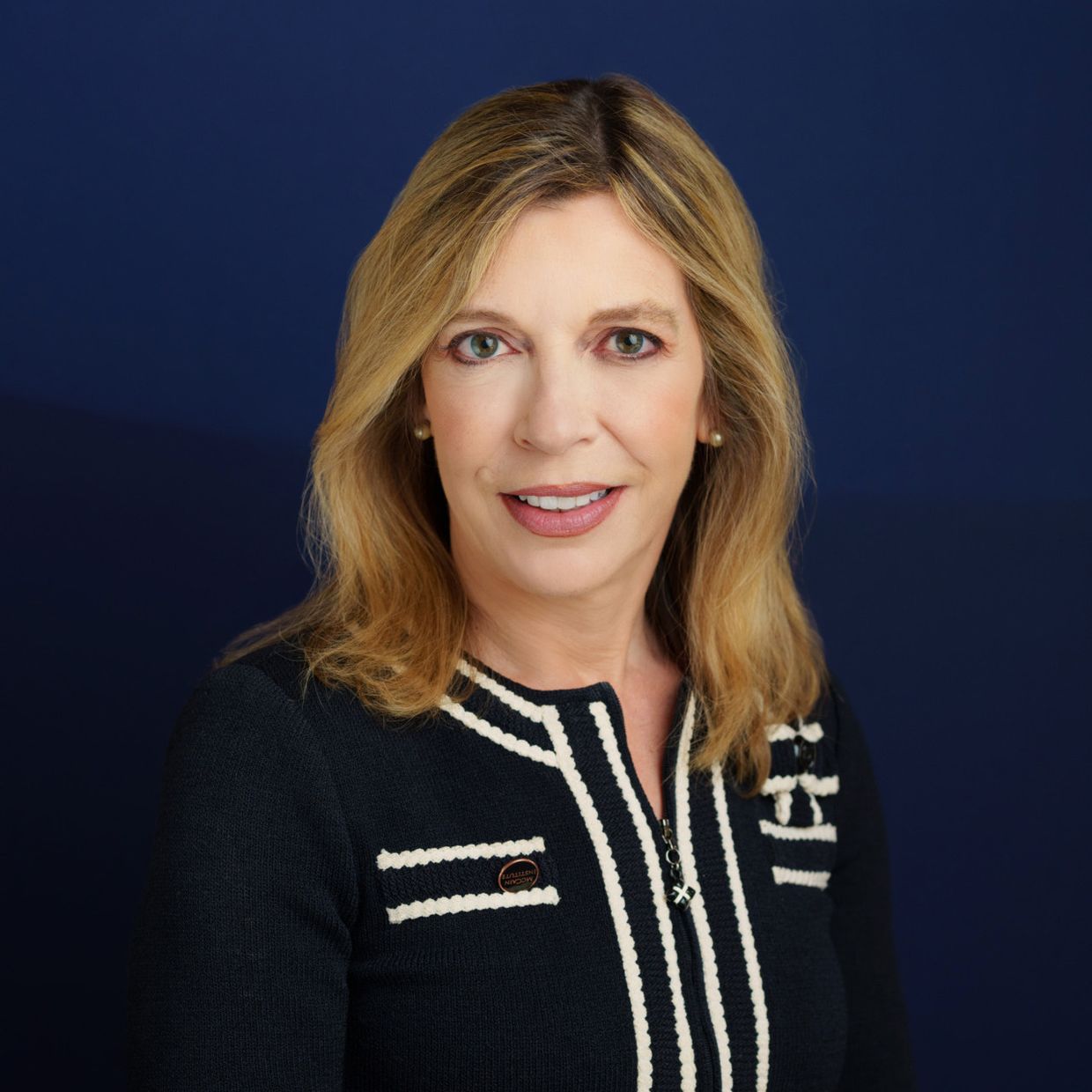
The Kyiv Independent: When we last spoke, you said a Trump election victory was the "worst-case scenario" for Ukraine — are we now in it?
Evelyn Farkas: I imagined an administration that turned its back on Ukraine. And we aren't there yet.
It remains to be seen ultimately what position the United States takes. Our government has not clearly delineated — aside from saying that we want to make peace — what our position is on the definition of peace.
It seems to me it’s part of a negotiating strategy — where you don't tell anyone what you really want and you confuse everyone.
It's not a negotiation strategy that I would employ (but) it could potentially work. But it does, of course, make people nervous about what the ultimate objective is because it hasn't been clarified.
If the ultimate objective is not to support Ukraine, then that is the worst-case scenario because it means that Russia will not be stopped.
Russia will then turn its aggressive attention to other neighboring states — first the ones that used to be part of the Soviet empire, and then it will threaten Europe, and ultimately the United States.
The Kyiv Independent: Have you noticed a shift in rhetoric from the White House in recent weeks towards Russia?
Evelyn Farkas: As I've said all along, my view is to stay open-minded and give the administration the benefit of the doubt until they make some definitive statement one way or the other. Then we can judge it.
Vladimir Putin doesn't want an end to the war because it will likely mean the end of his political existence, if not his actual existence.
But right now, I am encouraged by the fact that the vice president and even the president have indicated impatience with Putin.
And maybe there's a dawning realization that in this world that Vladimir Putin is not stronger after Prigozhin marched on Moscow, and he's weaker economically, politically, militarily, and heavily dependent on China.
In this world, Vladimir Putin doesn't want an end to the war because it will likely mean the end of his political existence, if not his actual existence, because there will be a lot of angry veterans running around Moscow and St. Petersburg.
The Kyiv Independent: Why do you think it has taken the White House so long to realize this?
Evelyn Farkas: Probably because there are competing interests. There are those who really want to bring the war to an end and do it in a way that's sustainable, that looks like a victory for the president, not a defeat. Because there are some versions of a peace agreement that would look like a defeat for President Trump and for the United States.
And then there are others who are interested in making deals with the Russian elites, Putin and his oligarchs. And the people interested in making deals probably have the upper hand.
And so initially, at least, I think the impatience and the overwhelming desire to make business deals were impacting their diplomacy more in the beginning.
And now it seems that the reality is becoming understood — you can't just go and make business deals. You can't just quickly make peace so you can make business deals. That's not going to work.
The Kyiv Independent: How much has this peace process been driven by people's personal interests rather than America's interests?
Evelyn Farkas: It's hard to say from the outside, but it is disconcerting to see a lack of a clear separation between the governance, the business of the American people, and the special interests of people working in the administration.
The Kyiv Independent: What do you think of U.S. Special Envoy Steve Witkoff's performance?
Evelyn Farkas: I think he was a peculiar choice because he's not a seasoned diplomat, and I don't really know whether he's a seasoned business deal broker either.
And so he seems to have been enlisted to try to maybe charm Putin and entice him with some offers, perhaps business offers. But that hasn't worked.
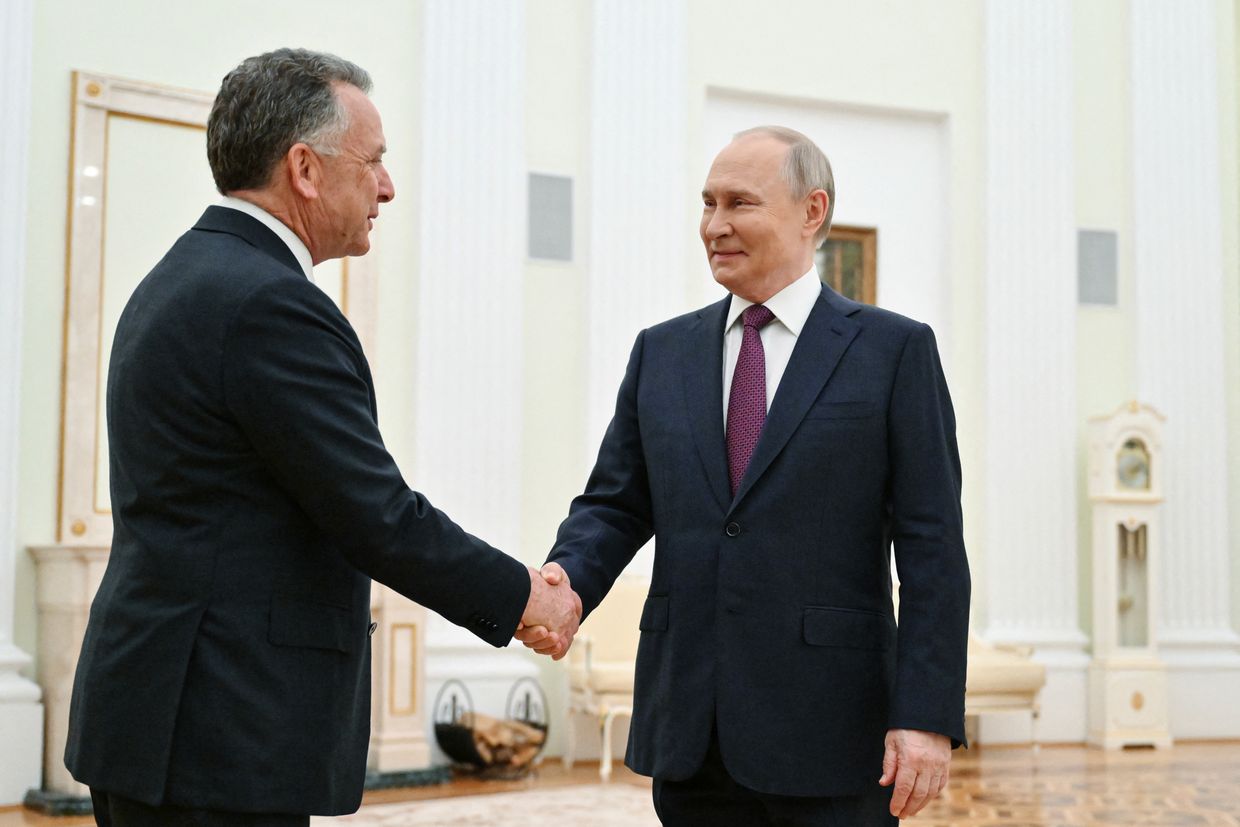
The Kyiv Independent: Do you think that Witkoff was the one who was charmed?
Evelyn Farkas: I can't say, I don't know him. Of course, he was repeating things the Kremlin told him, and we know that the Kremlin sells a bunch of propaganda and lies.
So he was either charmed by them, or for some other reason, he felt like he needed to repeat their propaganda and really omit some of the truth when he spoke publicly.
The Kyiv Independent: Here in Ukraine, at some moments during Trump's term, it has seemed like the U.S. might not only abandon Ukraine, but outright betray it by giving Russia everything that it wants — was that felt by Ukraine supporters in the U.S.?
Evelyn Farkas: I think for pro-Ukraine people in the United States, there was a lot of concern around statements like 'Ukraine can't ever become part of NATO', that 'Crimea was always Russian.’
Those kinds of statements are a betrayal of Ukraine and its interests.
And frankly, they are a betrayal of our interests, because our interest is in stopping Putin's neo-imperial aggression, and getting a just, lasting peace for Ukraine.
"The American people feel very clearly that Ukraine was and is the victim, and Russia was and is the aggressor. And that is not articulated clearly from the White House."
So, yes, we were alarmed by those statements because they seemed to indicate that that was the private negotiating position of the administration. Again, not a lot has been made public.
And of course, when the issue of the Coalition of the Willing was raised by the Europeans, led by U.K. Prime Minister Keir Starmer, the reaction from the White House was non-committal. And that's also disturbing because you can't have a deterrence of Putin, and that is to say, a lasting peace for Ukraine, without the United States military to back it up.
The Kyiv Independent: Do you think Trump and Zelensky's relationship is OK now, or could we see it revert to a time similar to the infamous Oval Office showdown?
Evelyn Farkas: You can't rule it out. I was shocked by the treatment of President Zelensky in the White House. It was appalling.
I think a lot of it is tactics, although, of course, Trump (does) seem to have this preference for Russia over Ukraine that goes all the way back to the 80s when he visited Moscow.
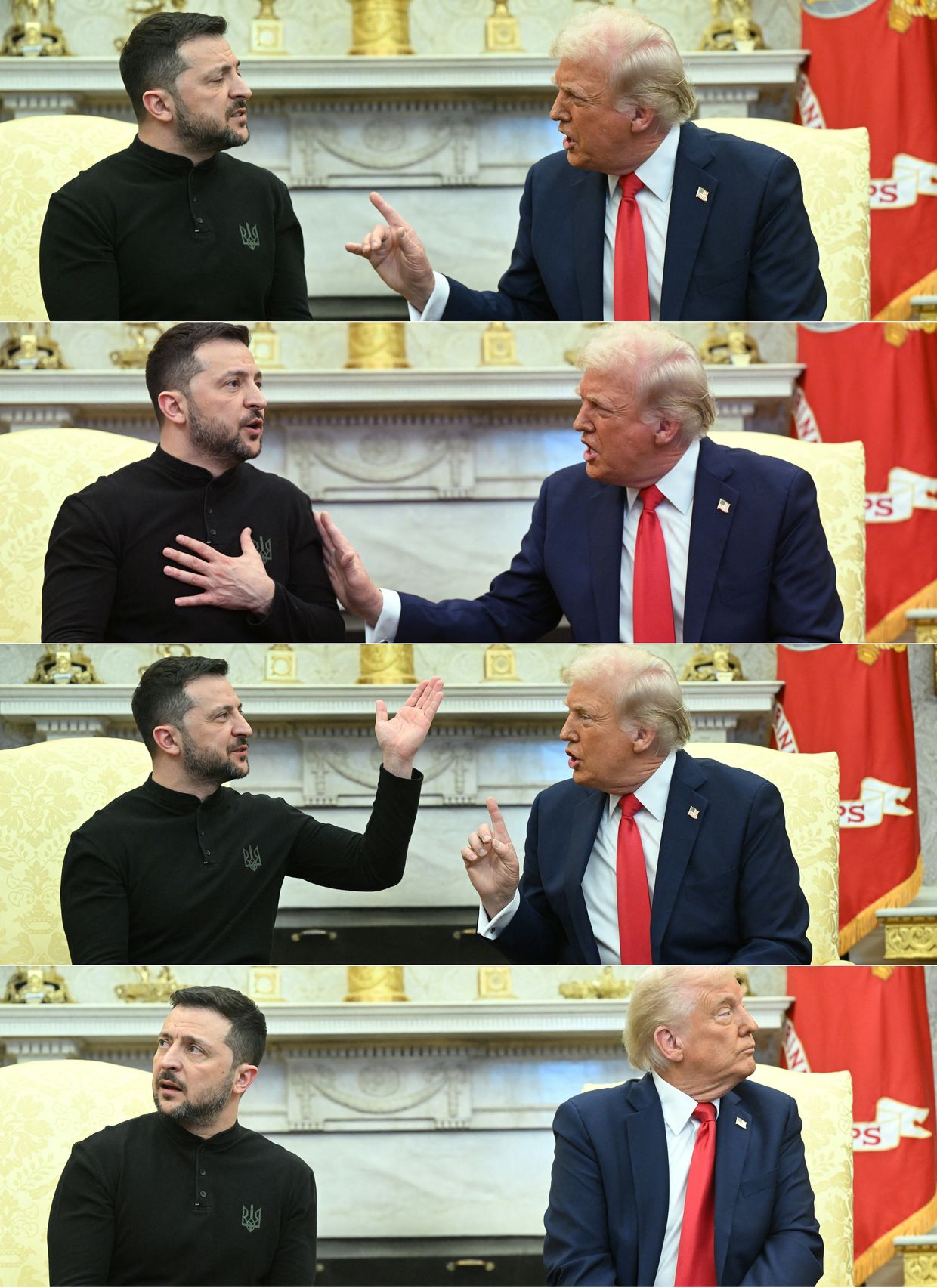
The Kyiv Independent: What can Democrats do, if anything, right now to help Ukraine?
Evelyn Farkas: Continue to work with Republicans who want to support Ukraine.
(Republican Senator) Lindsey Graham has a sanctions bill that has a veto-proof majority. There should be more efforts like that, more bipartisan legislation.
The Democrats... I wish sometimes they would be more honest about things that we did wrong, things that we might have done better, in order to actually give the Republicans an incentive to do more right now in Ukraine.
Politicians rarely do that, though.
And the last thing that they can do is continue to speak to their constituents. And then listen to their constituents, because there are a lot of constituents who care and who want America to do the right thing when it comes to Ukraine and other places in the world.
The Kyiv Independent: Do you get the sense that American public opinion differs very wildly from the opinions that we get out of the White House on Ukraine?
Evelyn Farkas: Yes. The polls show that there's still a majority of Americans in favor of supporting Ukraine.
But in the White House, it's unclear. And I think the American people feel very clearly that Ukraine was and is the victim, and Russia was and is the aggressor.
That is not articulated clearly from the White House.
Investigation: Uncovering the secret Russian FSB operation to loot Ukraine’s museums
As Ukraine’s liberating forces advanced in the fall of 2022, several trucks stopped near the rear yard of the Kherson Local History Museum. Inside the building itself, dozens of people moved back and forth like ants through the corridors. These people didn’t work there — they were employees from museums in

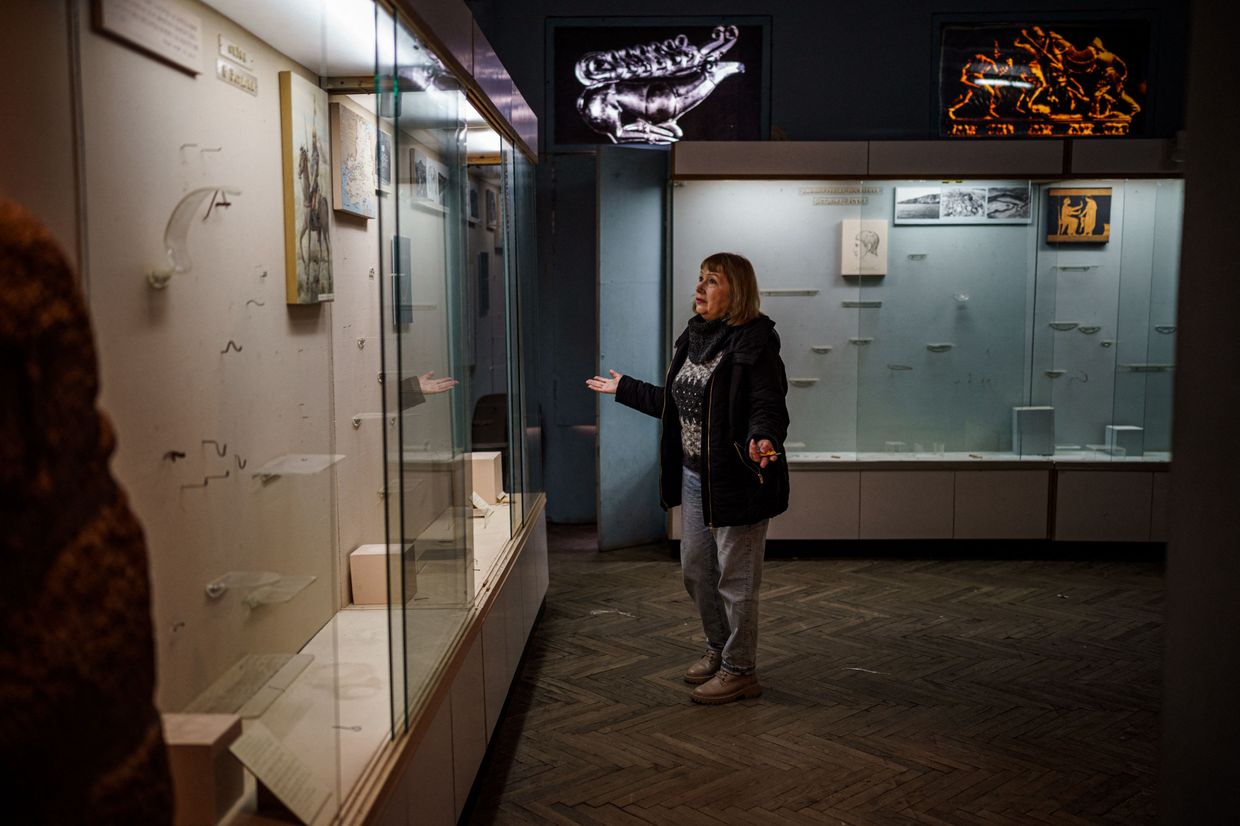
.png)
 German (DE)
German (DE)  English (US)
English (US)  Spanish (ES)
Spanish (ES)  French (FR)
French (FR)  Hindi (IN)
Hindi (IN)  Italian (IT)
Italian (IT)  Russian (RU)
Russian (RU)  3 hours ago
1
3 hours ago
1
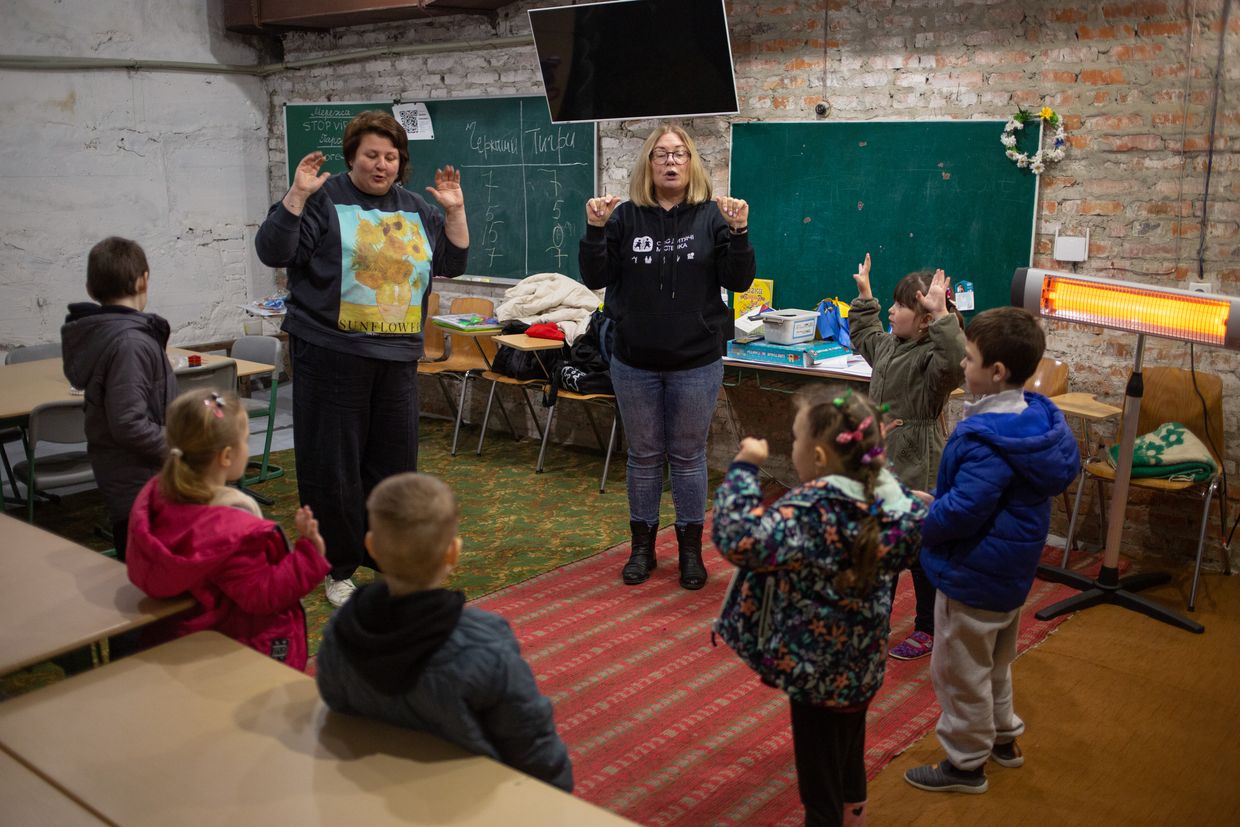
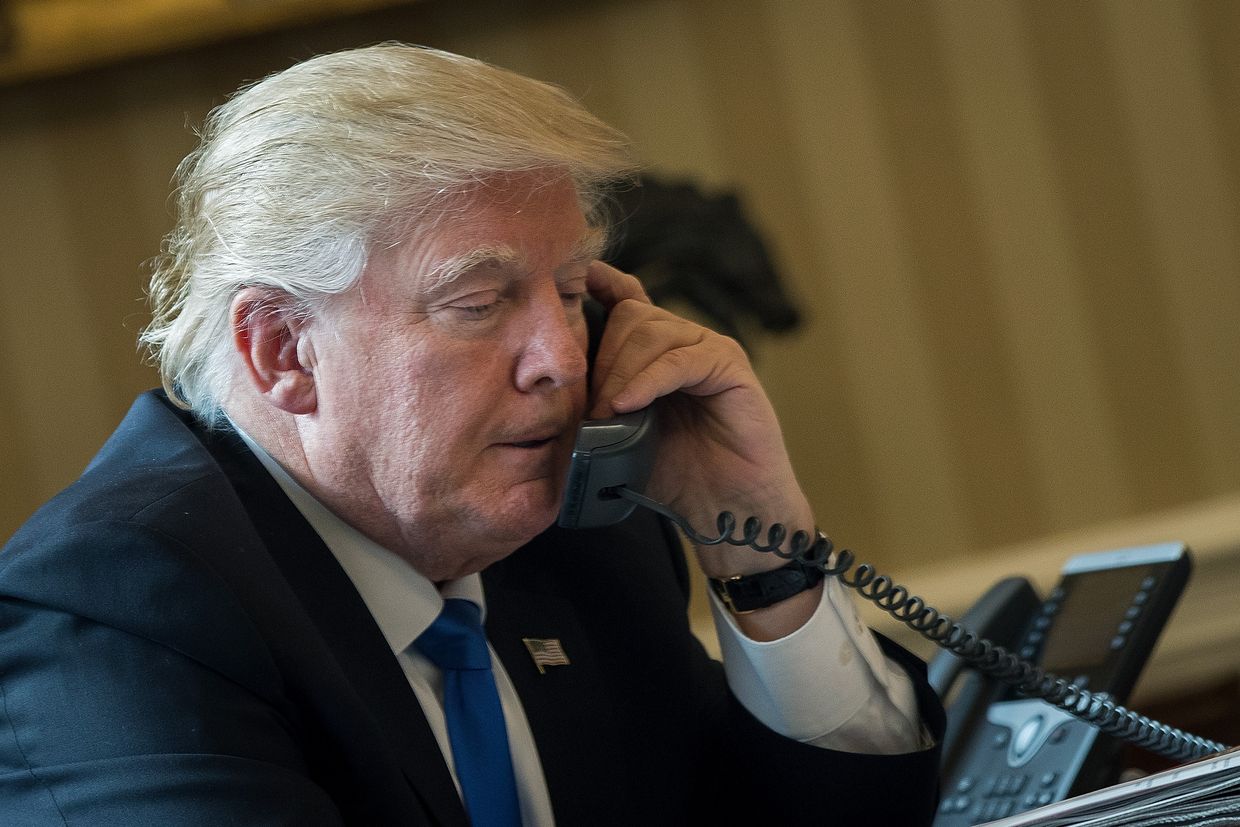
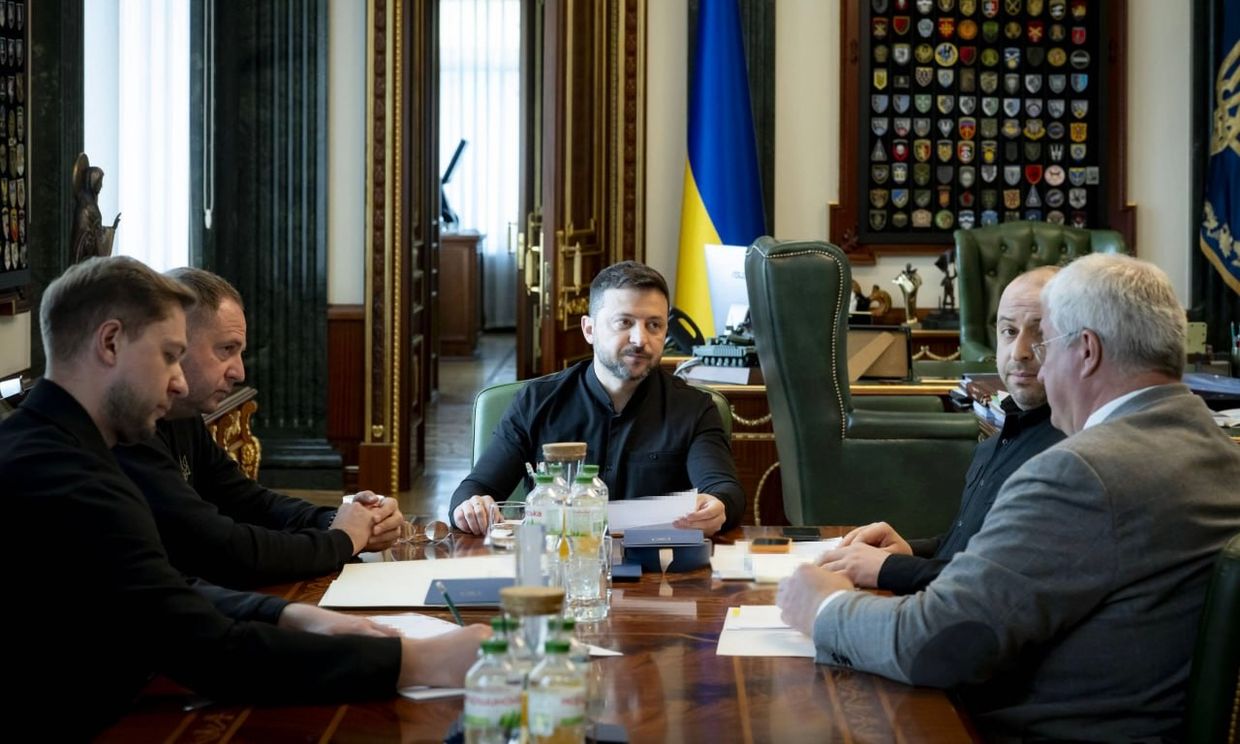
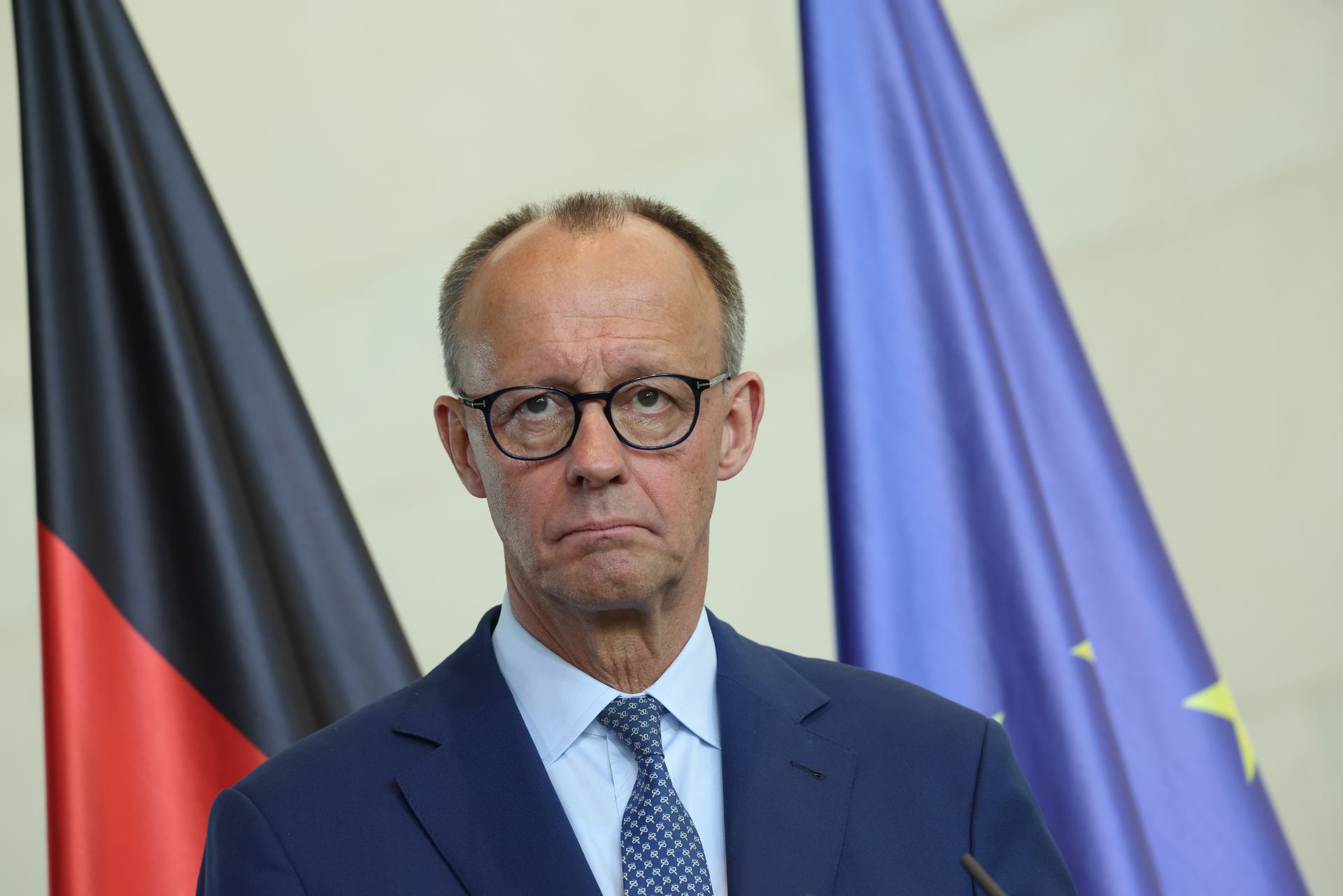
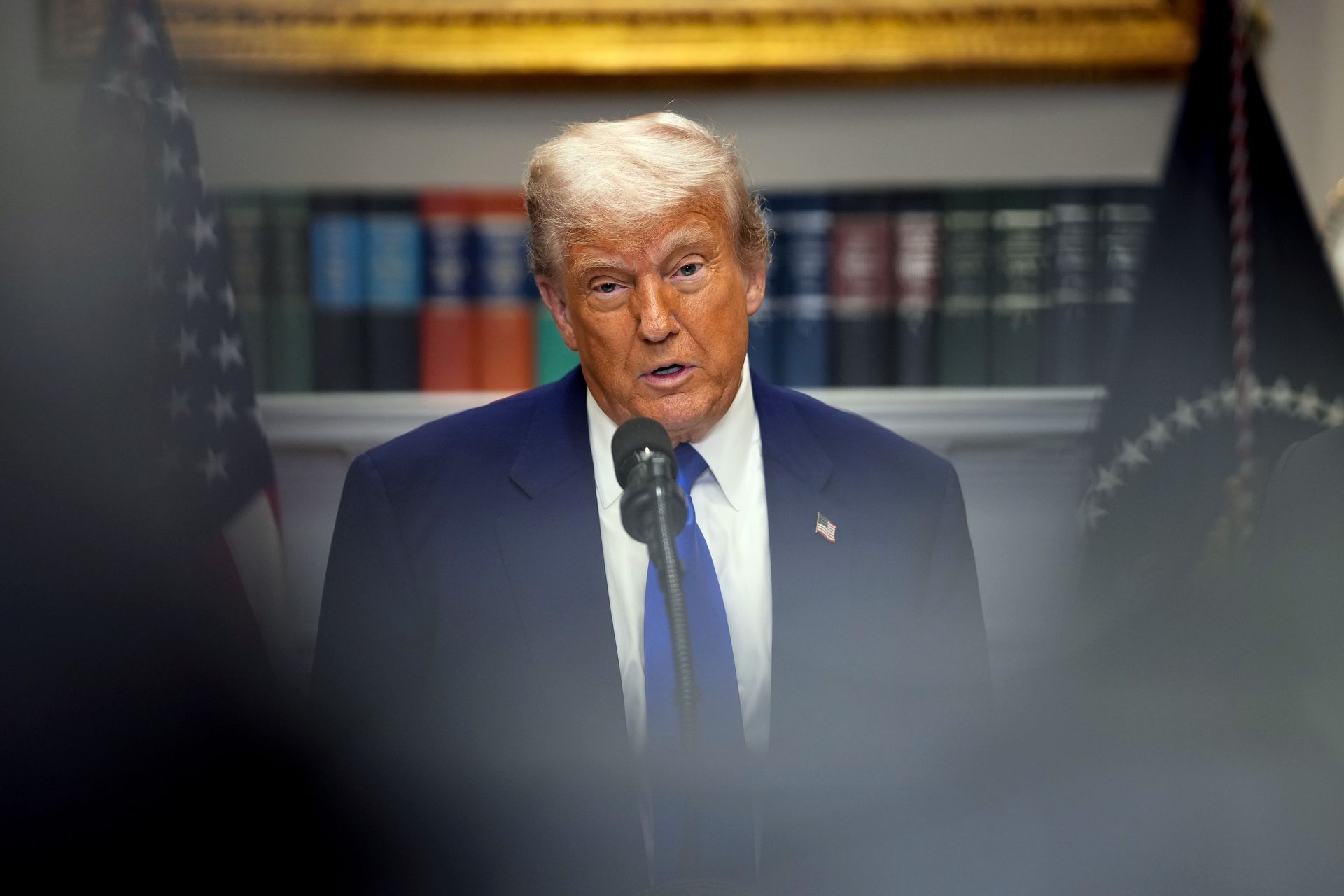




Comments